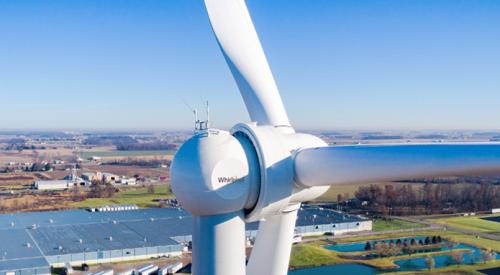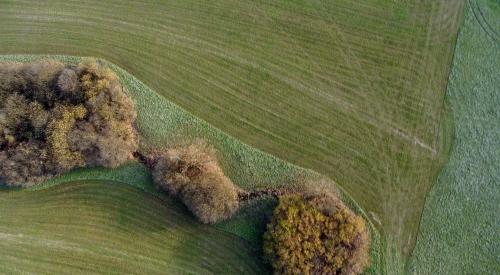It’s long been assumed that tiny homes are better for the environment, but this new research may finally back that up, Curbed reports.
Maria Saxton, a PhD Candidate in environmental planning and design at Virginia Tech, spent a year studying the environmental impact of people who moved into tiny homes, and she found that most tiny home dwellers reduced their energy consumption by 45 percent upon downsizing.
“I found that among 80 tiny home downsizers located across the United States, the average ecological footprint was 3.87 global hectares, or about 9.5 acres,” Saxton says. “This means that it would require 9.5 acres to support that person’s lifestyle for one year. Before moving into tiny homes, these respondents’ average footprint was 7.01 global hectares (17.3 acres). For comparison, the average American’s footprint is 8.4 global hectares, or 20.8 acres.”
After surveying 80 downsizers, she learned that a change in square footage often leads to a change in lifestyle habits. People living in tiny homes were more likely to grow their own food, buy less stuff, recycle more, and generate less trash. On the flip side, some tiny dwellers traveled more often and ate more meals out due to the constraints of the tiny home lifestyle.












